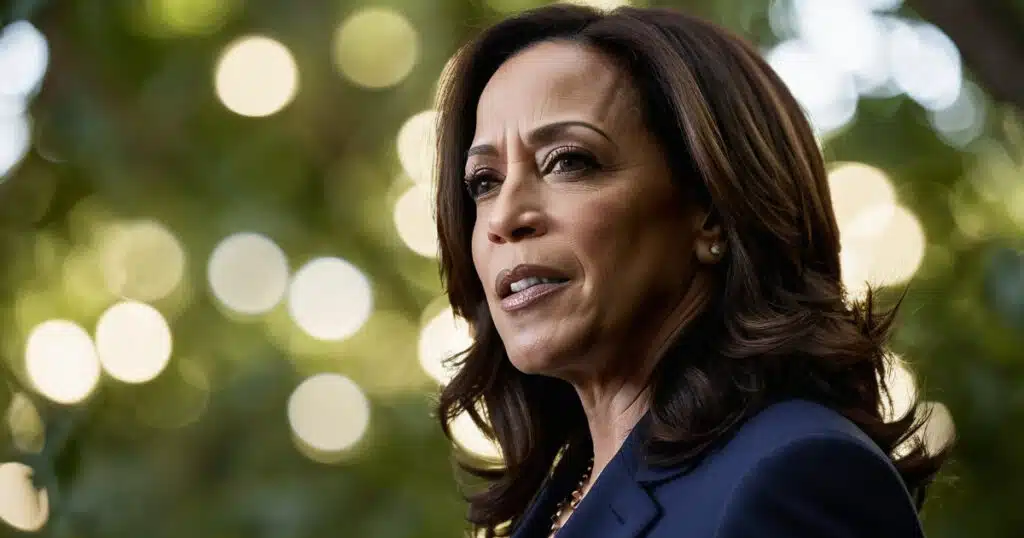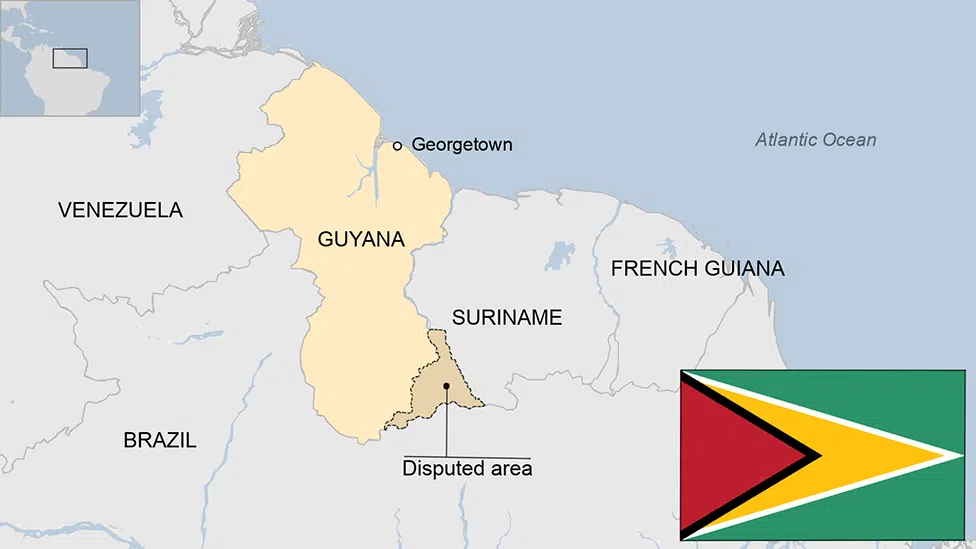
A Kamala Victory Means Green New Deal Lawfare
Expect Kamala Harris’ Justice Department to wage Green New Deal lawfare if she is elected president on Nov. 5.
As with every last issue pertaining to this election, Harris has not said much about the substance of her climate policy. But a review of her record suggests she’d be amenable to unleashing the Justice Department on energy providers, and her conspicuously quiet allies on the climate left are optimistic she’ll do just that.
Unleashing the Justice Department on American energy companies means hurtling this country deep into the last century. Traditional energy sources are essential for the world historic quality of life most Americans enjoy. Litigation will drive prices up. The lawsuits will also strongarm a transition to electric vehicles, stoves, and water heaters that will remain unpopular with most people because they aren’t affordable and don’t work as well as gas-powered alternatives. Green New Deal lawfare unfolding at the state and local levels all over the country means to force those appliances onto an unwilling public through settlement terms or public spending funded by big money verdicts.
Harris is already aligned with climate lawfare. Harris investigated whether Exxon “repeatedly lied to the public and its shareholders about the risk to its business from climate change” during her tenure as California attorney general, according to the Los Angeles Times. The probe did not result in a lawsuit, though she was supportive of legal claims targeting energy providers as a presidential candidate.
Harris parroted claims typical of climate lawsuits during her ill-fated 2020 bid. She accused energy providers of concealing inside information about emissions, much as tobacco companies were accused of misleading customers about the health consequences of smoking.
“You should be really prepared to look at a serious fine or be charged with a crime,” Harris said at a 2019 town hall in South Carolina. She made a similar remark in an interview she gave to Mother Jones.
Harris has of course renounced much of her 2020 platform, but climate cultists sense she remains willing to pursue energy providers in court. A coalition of alarmist groups is pushing Harris to direct the Justice Department to investigate the industry, calling such a probe “long overdue.” Democrat partisans like Sheldon Whitehouse and Jamie Raskin are similarly pressuring DOJ to take this step.
One step DOJ could take – and the climate left is already calling for it – is to open a probe under the anti-mafia statute, the Racketeer Influenced and Corrupt Organizations (RICO) Act. That means holding defendants liable not just for emissions, but also for political speech and actions that support a pro-gas energy policy. Democratic lawmakers favorably discussed this avenue in May as a former DOJ official testified to the Senate Budget Committee.
How would anti-energy lawfare cash out for the average American? The cost of settlements or big money verdicts will inevitably reach consumers across numerous points of service. Everything will cost more. You’ll notice this most when paying an energy bill, filling up your tank, or buying a plane ticket. But cheap and abundant energy is essential to all businesses, and there will be hidden penalties everywhere.
Moreover, the climate plaintiffs are already mapping their plans for spending money climate lawfare delivers. These plans include investments in EV-charging infrastructure, mandated electric appliances in new builds, and even repurposing neighborhoods to create 15-minute cities. This is social reengineering by lawsuit, a foisting of lifestyle choices on unwilling participants.
With preelection forecasts favoring a Republican takeover of the Senate, it’s quite likely a president Kamala Harris would not move landmark climate laws through Congress. That means she would have to think creatively about birddogging energy companies, and siccing the Justice Department on them is a likely step.
The Honorable Jason Isaac is senior manager and distinguished fellow of Life:Powered, a national energy initiative of the Texas Public Policy Foundation. He previously served four terms in the Texas House of Representatives.
This article was originally published by RealClearEnergy and made available via RealClearWire.



